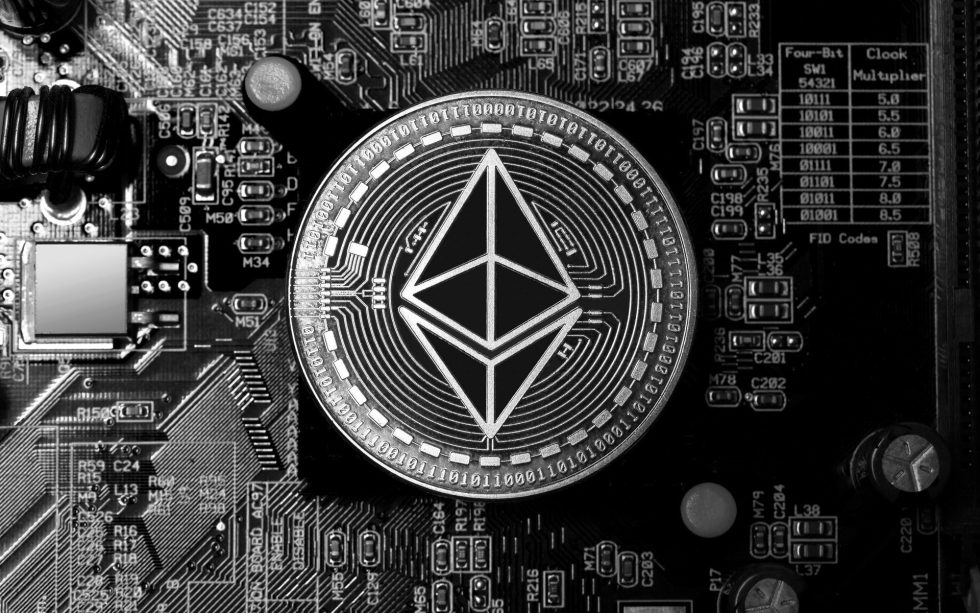Ethereum is second to Bitcoin on the cryptocurrency market rankings. But what is it? What powers the second most valuable blockchain? How does it function?
In this digital age, we are dependant on the internet for almost all aspects of our personal and professional lives. But is the internet functioning today in-line with the ideals based on which it was built?
It doesn’t appear so. Centralized corporations have crowded the space to cater to all our needs.
Some of these go by the names of Amazon, Facebook, Google, etc. They store our personal and professional data, sensitive financial information, passwords, and other login credentials.
These ‘internet behemoths’ have time and again compromised user security and privacy with numerous data leaks and hacks.
This shouldn’t come as a surprise as large centralized servers act as a single point of entry for hackers. Folks looking to deal considerable damage to both the company and its users, in all ways imaginable.
Creator Tim Berners Lee didn’t want the internet to be used as a tool to control peoples’ lives. Little did he know that his worst fears would come true.
Blockchain’s Most Avant-garde Application
Bitcoin’s inception in 2009 introduced the world to a truly decentralized, permissionless, and secure form of money. But there was another aspect in Satoshi’s answer to the towering global financial crisis of 2008. A ‘node-based network’ which formed the bedrock of many seminal applications to come – the blockchain.
One of those applications is Ethereum. Bitcoin aims to disrupt banks and ‘third-party’ financial institutions. Ethereum according to the official website will be ‘the foundation for a new era of the internet’.
Creating programs and applications on the blockchain earlier was very difficult. Developers who had a sound knowledge of coding, cryptography, and mathematics could only manage to churn out stuff. Ethereum changed all that.
Invented by Vitalik Buterin, it was introduced to the world in 2015 as the first programmable blockchain.
According to Ethereum.org, thousands of developers contribute every day, in building applications for electronic voting, digitally recording property assets to regulatory compliance & trading. Some of them which can be used today are:
- Financial applications that let users borrow, lend, or invest other crypto assets
- Decentralized markets that allow trading of virtual currencies, or even trade “predictions” about events in the real world
- Games where users can own in-game assets, and can even make real money
By providing developers with the tools to build applications, Ethereum is making all of this possible. But how?
Enter Smart Contracts
A smart contract is a computer program that automatically executes when some specific conditions are met. These programs run on blockchains exactly as programmed without any possibility of censorship, downtime, fraud or third-party interference.
Unlike other payments or financial settlements based blockchain networks, Ethereum allows developers to create whatever operations they want. ‘Decentralized apps’ or dApps to facilitate the exchange of money, content, property, shares, or anything of value.
But How is Ethereum Different From Bitcoin Though?
Bitcoin was the crypto asset to function on the blockchain. But it is only a peer-to-peer monetary settlement system. Ethereum, on the other hand, extends the purpose of blockchain in a much more diversified manner as discussed above.
Both are Proof-of-Work (PoW) blockchain networks. Participants (read miners) have to solve complex maths problems in order to generate the currency which powers both networks. These are called ‘rewards’.
Bitcoin miners get rewarded with BTC whereas Ethereum miners are rewarded with the crypto token called Ether (ETH). Folks also use ETH to pay for services on the Ethereum network.
How do Miners Get Rewarded on Ethereum?
Gas is the second type of token on Ethereum. Miners earn gas to include transactions in their blocks. Every smart contract execution costs ‘gas’. This is to entice miners for including the transaction on the blockchain.
Ethereum surely holds a lot of promise of becoming the decentralized web or Web 3.0. The public blockchain has met with its fair share of criticisms over the years since its inception. Whether or not Ethereum can bring a truly decentralized internet to life, it remains to be seen.
Images via Shutterstock, Bitcoinist Media Library, Video via YouTube,
